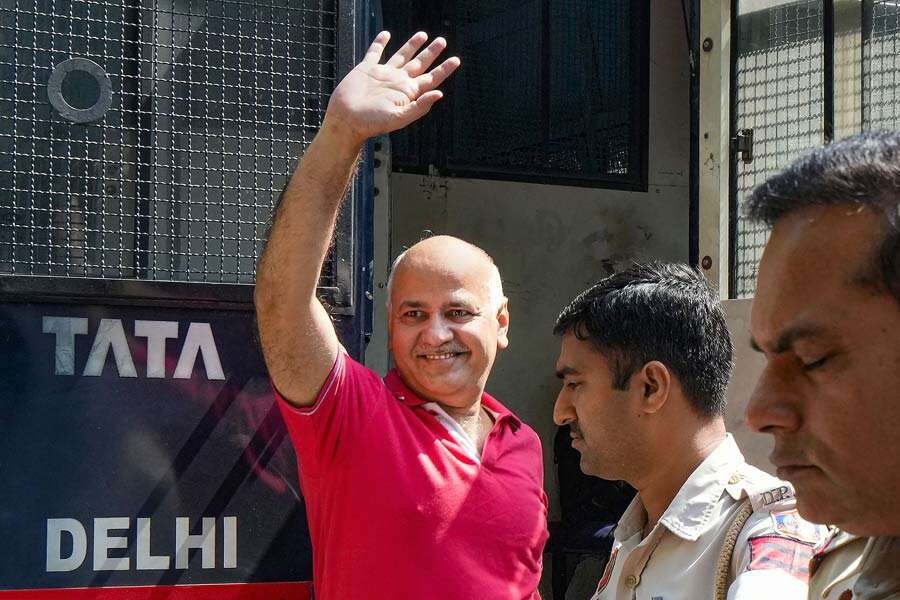The Supreme Court of India has issued a statement concerning the detention of Manish Sisodia, a former deputy chief minister and leader of the Aam Aadmi Party (AAP). The court declared that the Central Bureau of Investigation (CBI) and the Enforcement Directorate (ED) cannot hold Sisodia in jail indefinitely in connection with the Delhi excise policy cases.
A bench of Justices Sanjiv Khanna and SVN Bhatti questioned Additional Solicitor General SV Raju, representing both probe agencies, about the delay in commencing arguments on the charges against Sisodia. The court emphasized that once a chargesheet is filed, charge arguments should begin promptly.
Raju clarified that the cases against Sisodia are at the stage of section 207 of the Code of Criminal Procedure (CrPC), which involves supplying documents to the accused. He assured the court that charge arguments would follow this stage.
The central issue revolves around allegations that Sisodia, a former deputy chief minister holding 18 portfolios, including excise, accepted bribes. The agencies argued that consumers suffered due to policy changes and presented evidence such as WhatsApp chats and other communications to demonstrate money laundering conspiracies.
Raju also claimed there was ample evidence of money laundering and accused Sisodia of tampering with evidence by destroying mobile phones. He mentioned instances of arm-twisting, where a wholesaler was pressured to relinquish their license while a firm received a license despite not meeting criteria.
The agencies cited the statement of Dinesh Arora, a Delhi businessman turned approver, who allegedly informed them about the bribes taken by Sisodia. Arora had expressed fear of harm if he disclosed this information earlier.
The court inquired whether prior approval had been obtained to prosecute Sisodia under section 17A of the Prevention of Corruption Act, to which Raju confirmed.
Section 17A mandates that police officers seek prior approval to investigate any offense allegedly committed by a public servant under the Prevention of Corruption Act.
Raju argued that the new excise policy encouraged cartelization and led to higher costs for consumers. However, the hearing remained inconclusive and was scheduled to continue.
The Supreme Court previously raised questions about the Delhi excise policy ‘scam’ and emphasized that lobbying for policy changes did not imply corruption unless bribery was involved. Sisodia was arrested by the CBI on February 26 and subsequently by the ED for money laundering related to the CBI’s FIR on March 9.
The high court had previously denied Sisodia bail in both the CBI and money laundering cases, citing his high-profile status and the potential to influence witnesses. The Delhi government implemented the excise policy on November 17, 2021, but revoked it in September 2022 amidst corruption allegations.

